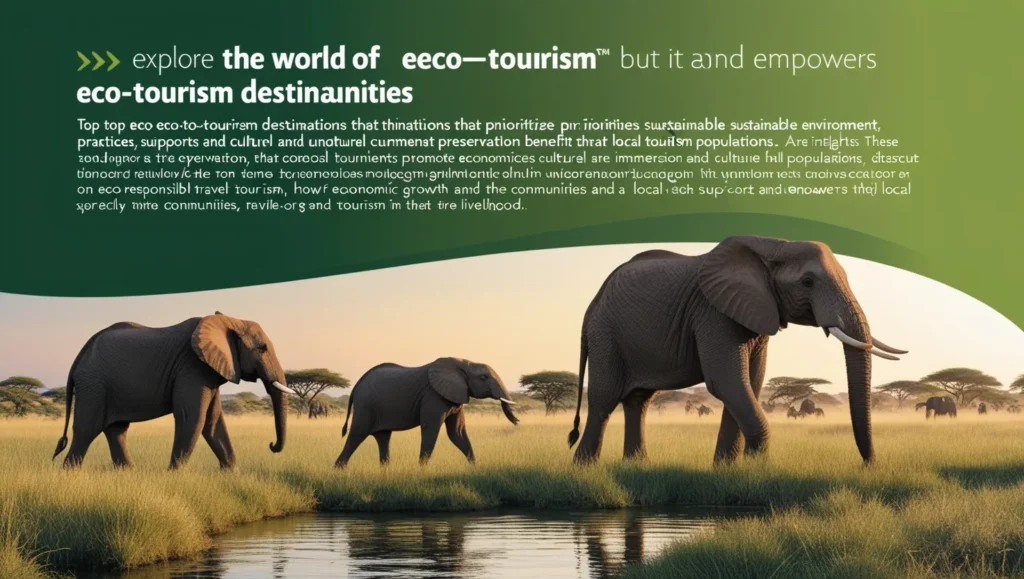Eco Tourism Destinations
Eco Tourism Destinations is more than just a buzzword; it’s a movement that seeks to foster sustainable travel practices that benefit the environment, local communities, and travelers alike. At its core, eco-tourism focuses on minimizing the negative impact of tourism on ecosystems while promoting cultural and environmental preservation. This travel style not only provides unforgettable experiences for visitors but also empowers local communities by supporting their economies and preserving their way of life. Eco-Tourism Destinations
If you’re a conscious traveler looking to explore destinations that prioritize sustainability and positively impact local communities, here are some remarkable eco-tourism spots around the world where you can travel responsibly and enjoy authentic cultural experiences. Eco Tourism Destinations
1. Costa Rica: A Pioneer in Eco-Tourism
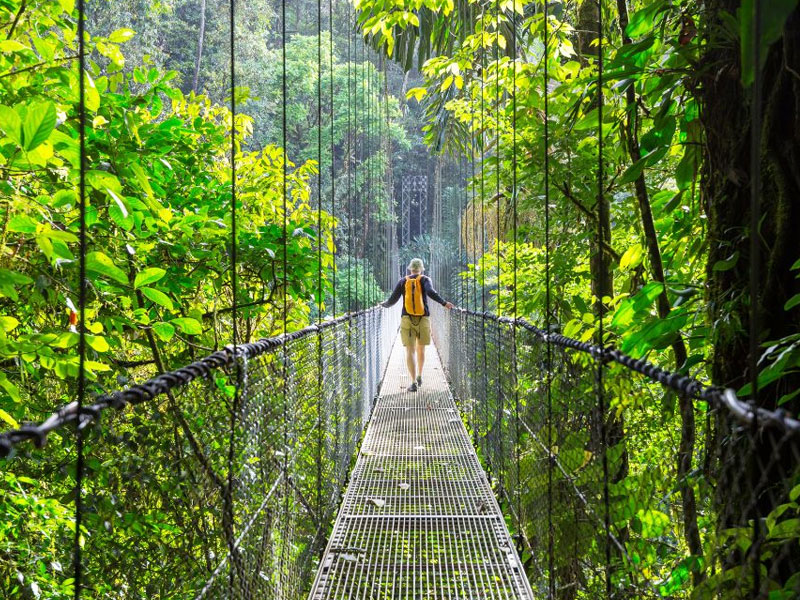
Costa Rica is a true pioneer of eco-tourism, boasting a wealth of biodiversity and protected rainforests. The country is known for its commitment to conservation and has established numerous national parks, reserves, and wildlife sanctuaries. Eco-tourism in Costa Rica supports local communities by creating job opportunities in eco-lodges, nature tours, and conservation projects.
Visitors can explore pristine rainforests, go on guided wildlife tours to spot sloths, monkeys, and toucans, or visit indigenous communities to learn about their cultural heritage. Costa Rica’s “Pura Vida” philosophy — which means “pure life” — reflects a deep connection to nature, making it an ideal destination for sustainable travelers.
How It Supports Locals:
- Eco-lodges and sustainable tourism initiatives provide direct income to local communities.
- Programs aimed at preserving wildlife and natural resources engage locals in conservation efforts.
- Cultural exchange programs with indigenous tribes offer visitors an authentic, educational experience. Eco Tourism Destinations
2. Kenya: Community-Based Wildlife Conservation
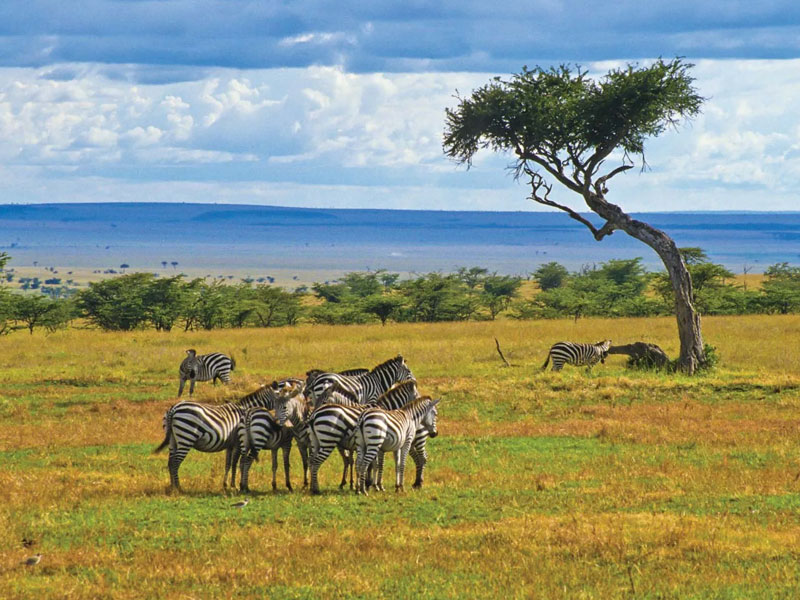
Kenya is home to some of the world’s most famous wildlife reserves, including the Maasai Mara and Amboseli National Park. While these parks are popular for safaris and animal sightings, they are also at the forefront of community-based eco-tourism. In Kenya, many eco-tourism projects are managed by local tribes, particularly the Maasai, who have lived alongside the wildlife for generations.
Eco-tourism in Kenya not only supports the preservation of endangered species but also helps to create sustainable livelihoods for local communities. The Maasai Mara’s conservancies work to balance wildlife conservation with the needs of the indigenous Maasai people, offering safaris that contribute directly to community development. Eco Tourism Destinations
How It Supports Locals:
- Revenue from eco-tourism helps fund local schools, healthcare services, and infrastructure projects.
- Local Maasai tribes actively participate in wildlife conservation and tourism management.
- Visitors get to stay in eco-friendly lodges and participate in community-led initiatives such as cultural performances or guided tours.
3. Bhutan: A Model for Sustainable Tourism
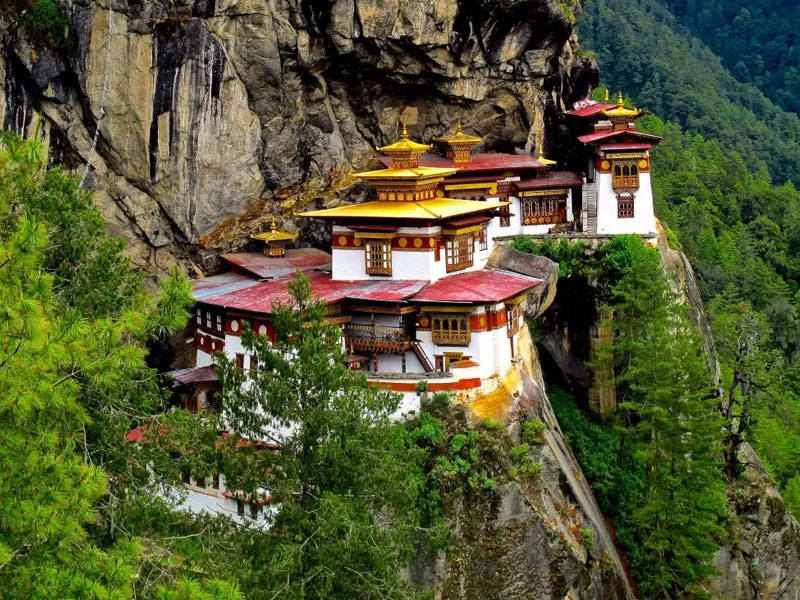
Nestled in the Eastern Himalayas, Bhutan is renowned for its commitment to preserving its culture, environment, and happiness index. The government of Bhutan has implemented a “high-value, low-impact” tourism policy, which limits the number of tourists allowed into the country each year. This policy ensures that tourism does not overwhelm Bhutan’s natural resources and that it remains a sustainable source of income for local communities. Eco Tourism Destinations
Bhutan’s focus on preserving its Buddhist traditions and the environment has made it one of the most eco-conscious destinations in the world. Visitors to Bhutan can trek through beautiful mountain landscapes, visit ancient monasteries, and experience the spiritual and cultural heritage of this unique kingdom.
How It Supports Locals:
- Tourism revenue is directly reinvested into the local economy, including education, health, and conservation projects.
- Local communities are involved in guiding, hospitality, and cultural preservation efforts.
- Bhutan’s eco-tourism model has helped protect the country’s rich biodiversity and pristine landscapes. Eco-Tourism Destinations
4. Peru: Supporting Indigenous Communities in the Amazon

Peru’s Amazon Rainforest is one of the most biodiverse ecosystems in the world. In addition to its stunning wildlife and natural beauty, Peru is home to indigenous tribes who rely on the forest for their livelihood. Eco-tourism in the Amazon focuses on sustainable practices that promote conservation and provide an alternative source of income for these communities.
Visitors can take part in guided eco-tours that explore the rainforest, where they’ll learn about local plant and animal species, conservation efforts, and the rich cultural heritage of the indigenous people. Lodges in the Amazon are often run by local communities, ensuring that the profits stay within the region. Eco-Tourism Destinations
How It Supports Locals:
- Local indigenous communities are trained to become eco-guides and earn a living from tourism.
- Eco-lodges in the Amazon use sustainable building materials and promote eco-friendly practices.
- Revenue from tourism contributes to forest preservation and the empowerment of indigenous people.
5. New Zealand: Sustainability in Adventure Tourism
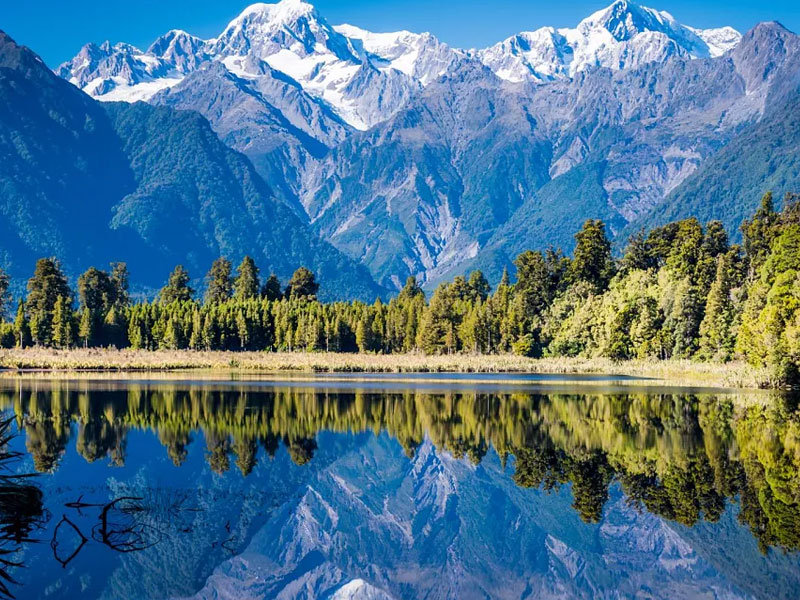
New Zealand is an adventurer’s paradise, offering everything from bungee jumping and hiking to skydiving and mountain biking. But the country is also committed to eco-tourism, and its tourism industry is a key player in its efforts to protect its stunning landscapes. Eco-tourism in New Zealand encourages travelers to engage with nature in a responsible way and supports local communities through sustainable tourism practices. Eco Tourism Destinations
The Department of Conservation (DOC) runs numerous programs aimed at preserving New Zealand’s biodiversity, and eco-friendly tour operators work to minimize environmental footprints while providing meaningful cultural and outdoor experiences. From sustainable lodges to zero-waste adventure activities, New Zealand is a model for combining eco-tourism with adventure.
How It Supports Locals:
- Many eco-tourism businesses work with Māori tribes to ensure that traditional knowledge is passed on and respected.
- Local communities benefit from eco-tourism by providing services like guided tours, accommodations, and cultural activities.
- National parks and reserves are funded through eco-tourism, helping to maintain New Zealand’s natural beauty. Eco Tourism Destinations
6. Iceland: Geothermal Energy and Community-Based Tourism

Iceland’s unique landscapes, shaped by volcanic activity, geothermal energy, and glaciers, attract tourists year-round. Eco-tourism in Iceland focuses on sustainable travel practices, such as minimizing waste, reducing carbon footprints, and supporting the preservation of its extraordinary landscapes. Iceland’s energy production relies heavily on renewable geothermal energy, making it one of the greenest countries in the world. Eco Tourism Destinations
Tourists can explore Iceland’s dramatic volcanic landscapes, geothermal springs, and stunning waterfalls while supporting local communities that rely on tourism for their livelihoods. Iceland’s eco-tourism initiatives also promote sustainable agriculture and responsible wildlife tours.
How It Supports Locals:
- Eco-tourism provides jobs in guiding, hospitality, and sustainable agriculture.
- Sustainable travel options, such as electric vehicle rentals and eco-lodges, are widely available.
- Revenues from tourism help fund environmental preservation programs and local community projects.
Final Thoughts
Leverage LinkedIn for Career Advancement is more than just an online resume. It’s a platform that can propel your career forward by helping you build your personal brand, expand your professional network, and discover new opportunities. By optimizing your profile, engaging with your network, sharing valuable content, and applying for relevant positions, you can leverage LinkedIn to accelerate your career growth. Leverage LinkedIn for Career Advancement Eco Tourism Destinations
Whether you’re job hunting, seeking new connections, or simply staying active in your industry, LinkedIn is a tool that every professional should master to take full advantage of the opportunities available in today’s digital job market. Leverage LinkedIn for Career Advancement

